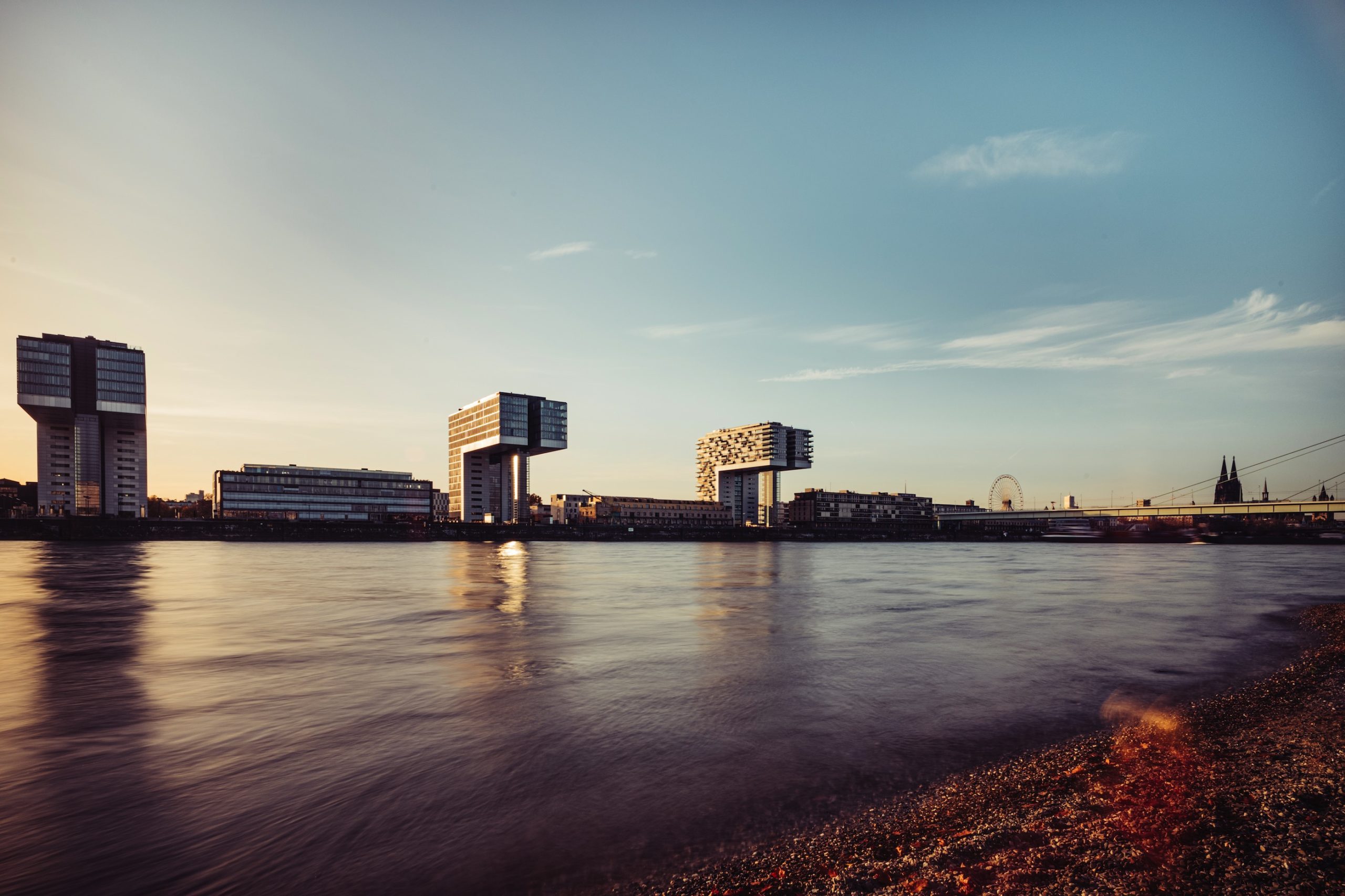The 2019 Global Startup Ecosystem Report (GSER) is out now from Startup Genome. With primary input from over 10,000 founders around the world — and data on more than one million companies in 150 cities — the 2019 GSER is one of biggest and broadest yet. In addition to profiles of dozens of startup ecosystems, they rank the top 30 ecosystems globally. And, for the first time, there is a separate analysis of Life Sciences startup ecosystems.
Female Entrepreneurship in Europe
Paris and Berlin ranked ninth and tenth overall for startup ecosystems globally based on factors including funding, market reach and performance. However, according to the study, females account for just eight percent of Parisian founders and nine percent of Berliners, which is about half of the global average.
“Females account for just 8% percent of Parisian founders and 9% percent of Berliners – about half of the global average”
Fellow ecosystems in the top 10 ranking such as New York City and Shanghai count nearly a quarter of all founders as female, while none of the over 80 ecosystems that were measured reported gender parity nor female majority in the founder space.
Europe’s one bright spot in terms of inclusivity came from the Mid-East Region of Ireland, which includes Meath, Kildare, and Wicklow counties. The region’s startup ecosystem rated highest amongst all startup ecosystems analyzed for female founder representation, tied with Chicago at over 25 percent. No other European region cracked the top 10 ecosystems with the largest share of female founders.
You don’t need to be in Silicon Valley to start and grow a successful company.
Sure, Silicon Valley still tops our global ranking of startup ecosystems, but there are plenty of other places with fast-growing ecosystems that may offer a better fit for you and your startup. Starting an AI company? Why not consider Edmonton or Taipei City? Both are “Ecosystems to watch” in our AI analysis, offering strong resource environments and living standards.
Second-tier regions are not so second-tier anymore.
Every country has a principal city, the center of economics (and often politics) that seems to suck up all the funding and talent. Other cities feel overshadowed, relegated to “second-tier” status not just globally but within their own country. We find that there are plenty of such places that are emerging from those shadows with strong startup ecosystems of their own.
Outside of the top 10 ranking, the report measures myriad aspects affecting global startups, a sector of the economy which Startup Genome says accounted for $2.8 trillion between 2016 and 2018. Discover all the insights of the Global Startup Ecosystem Report 2019 through Startup Genome.

